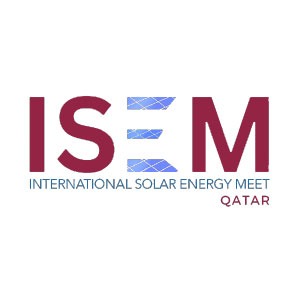The United Arab Emirates: The discovery of natural gas in large quantities in the region of “Jebel Ali” in the Emirate of Dubai

At the beginning of February 2020, the UAE announced its discovery of the “Jebel Ali” field located between Abu Dhabi and Dubai, which is one of the largest natural gas fields in the world. The new revelation derives its significance from being the first time that ADNOC has discovered hydrocarbon fuels on the territory of the Emirate of Dubai.
It is hoped that the discovery will pave the way for the UAE to achieve the degree of self-sufficiency in energy, so that it ends its dependence on gas imports from Qatar and, after years, turns into a gas exporting country.
According to the statements of Abu Dhabi Crown Prince Sheikh Mohammed bin Zayed Al Nahyan, Prime Minister of the Emirates and Ruler of Dubai Sheikh Mohammed bin Rashid Al Maktoum, the new gas field contains 80 trillion cubic feet of natural gas resources and this makes it the fourth largest gas field in the Middle East region after the North Field In Qatar, the Iranian South Pars field and the Bab field in Abu Dhabi.
The oil reserves in the UAE are about 98 billion barrels, while its gas reserves are about 210 trillion cubic feet, and after the new discovery, the gas reserves in the Emirates rise to about 290 trillion cubic feet.
It is worth noting the UAE’s tangible successes in the field of new and renewable energies, as Abu Dhabi witnessed the launch of the world’s largest solar power plant in Sweihan with a capacity of 1177 megawatts ، Masdar City in Abu Dhabi is also the first city to be free from carbonates and waste, and it uses solar, wind and other renewable energy sources. The Dubai government also launched the Mohammed bin Rashid Solar Complex in January 2012, which is the largest solar project in the world in one location, and the complex’s production capacity is expected to reach 5,000 megawatts by 2030.
On the nuclear energy front, the Emirates Nuclear Energy Corporation has launched a project for a peaceful nuclear program for the United Arab Emirates under the supervision of the International Atomic Energy Agency, under which four peaceful nuclear plants are being established in the Baraka area in Abu Dhabi with a total operational capacity of 5600 MW, and the energy units will provide The four nuclear power is about a quarter of the country’s electricity needs, and it reduces about 12 million tons of carbon emissions annually.
Also within the framework of clean energy production is the Hassyan Complex project in Dubai, which will produce 2,400 megawatts of energy with clean coal technology and is expected to start its first phase this year 2020.












